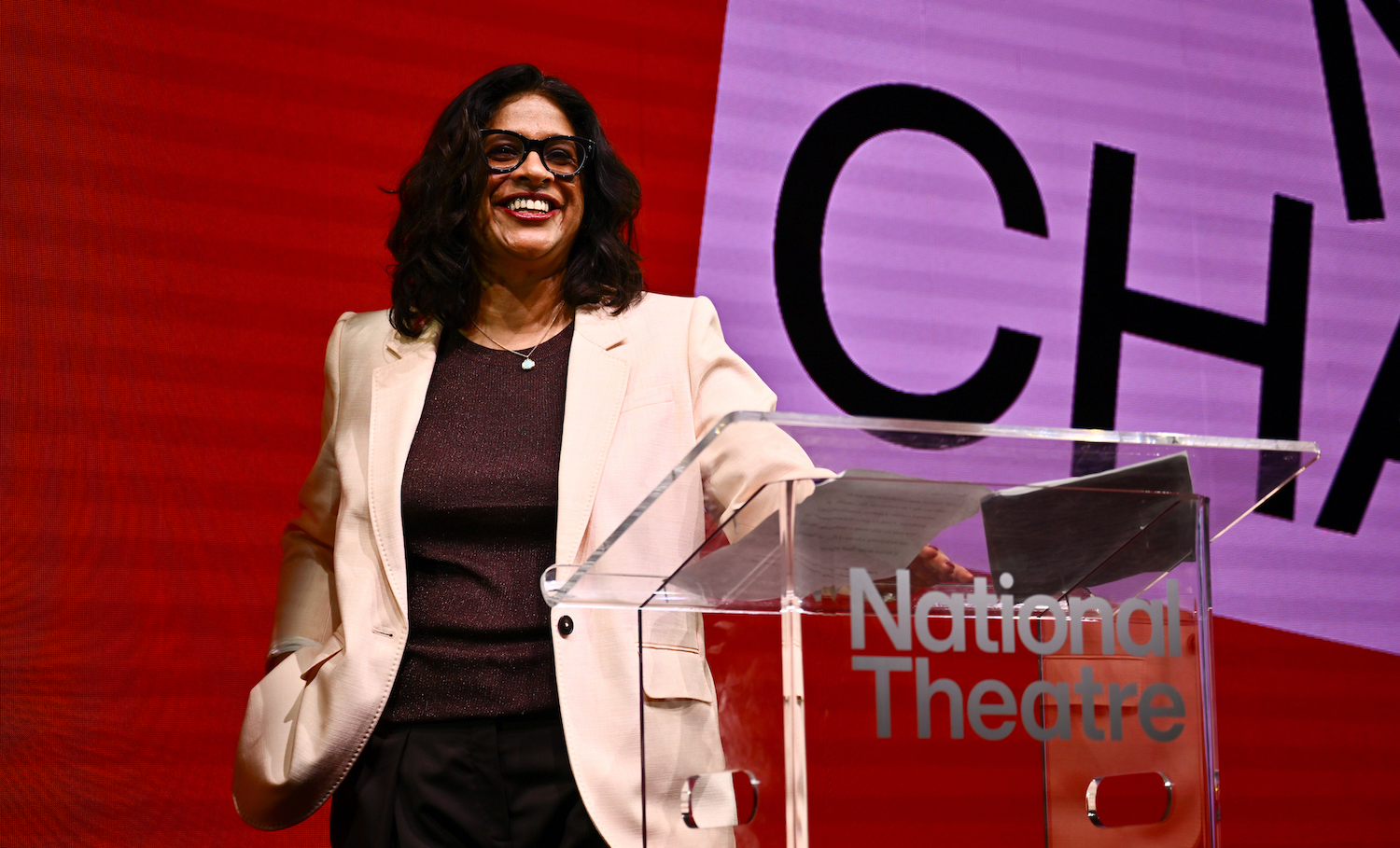National Theatre: Worsening Standards? A Critical Look at Recent Productions
The National Theatre, a cornerstone of British theatre and a globally respected institution, has recently faced increased scrutiny regarding the quality of its productions. While it continues to attract large audiences and boasts a prestigious reputation, whispers of declining standards are growing louder. This article delves into the criticisms, examining recent productions and exploring the potential causes behind these concerns.
Falling Short of Expectations? A Case Study of Recent Productions
Several recent productions have sparked considerable debate amongst critics and audiences alike. While specific productions should be judged on their own merits (and avoiding naming and shaming is crucial here!), common criticisms include:
- Lackluster Directing: Some argue that a lack of innovative and engaging directorial vision has resulted in productions feeling stale and predictable. The innovative spark that the National Theatre was once famed for seems, to some, to be dimming.
- Underwhelming Script Choices: Questions have been raised about the selection of plays themselves, with some critics suggesting a move away from challenging and thought-provoking works towards safer, less ambitious choices.
- Technical Issues: Reports of technical glitches during performances, ranging from lighting problems to sound issues, have added to the negative perception. These issues, while seemingly minor, can significantly impact the overall viewing experience.
- Ticket Pricing and Accessibility: The cost of tickets, particularly for premium seats, has become a barrier for many, raising concerns about accessibility and the theatre’s commitment to reaching a diverse audience. This links directly to the overall experience - a high price tag expects a high-quality return.
Possible Explanations for the Perceived Decline
Several factors might contribute to the perceived decline in standards:
- Budgetary Constraints: Funding cuts or increased operational costs could force compromises on production values, leading to less ambitious staging and potentially impacting the overall quality.
- Changing Artistic Landscape: The theatre landscape is constantly evolving. What was considered innovative a decade ago might now feel outdated, potentially leading to a sense of stagnation.
- Shifting Audience Expectations: Audience tastes and expectations are ever-changing. What once captivated audiences might now fail to resonate. The NT needs to continually evolve to keep pace.
- Internal Management Challenges: Internal factors within the theatre's management and organizational structure could also be influencing artistic decisions and overall production quality.
The Future of the National Theatre: A Call for Re-evaluation
The National Theatre remains a vital cultural institution. However, the recent criticisms cannot be ignored. A frank and open discussion about the challenges facing the theatre, including potential solutions, is crucial to maintain its position as a leading artistic force. This requires:
- Increased Transparency: Open communication regarding budgetary concerns, artistic decisions, and audience feedback can help build trust and foster a more positive dialogue.
- Investment in Emerging Talent: Supporting and nurturing the next generation of theatre-makers is vital to ensuring the theatre's continued innovation and artistic vitality.
- A Renewed Focus on Artistic Risk-Taking: Embracing bold and experimental works can help re-establish the National Theatre's reputation for pushing boundaries and challenging conventions.
The National Theatre's future hinges on its ability to address these concerns and adapt to the ever-evolving landscape of British theatre. Only time will tell if it can successfully navigate these challenges and regain its former glory. What are your thoughts? Share your experiences in the comments below.
Keywords: National Theatre, Theatre Reviews, British Theatre, Theatre Criticism, Arts Funding, Artistic Direction, London Theatre, Play Reviews, Ticket Prices, Theatre Accessibility.

